War is the most unforgiving environment for a leader, with every decision affecting both your own life and that of others. It’s an environment vividly painted in Black Hawk Down, Ridley Scott’s re-telling of the US military’s ill-fated incursion into Mogadishu in 1993.
Based on Mark Bowden’s absorbing book, Black Hawk Down shows how, even in the military, there’s room for different leadership styles and traits. It’s an intriguing study of how different kind of leaders respond under the most extreme pressure. Here are three examples.
In overall charge is Major General William Garrison (played by Sam Shepard), an authoritative but caring leader who sees his carefully laid plans unravelling before him when the first black hawk helicopter goes down. From that moment, Garrison has to think on his feet, making fast, life or death calls as he’s faced with a growing casualty list and the very real spectre that his forces may be overwhelmed by thousands of well-armed Somali militia.
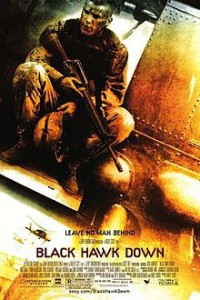
Garrison has to make the toughest decisions of all. First, he decides it’s too dangerous to send in a chopper to evacuate a critically injured US Ranger. Then he reluctantly agrees to the landing of two Delta Force snipers to attempt to secure the second crash site – knowing that he may well be sending them to their deaths.
Garrison’s plans may well fall around him, but he never stops focusing on the job in hand, despite a growing realisation of the crisis enveloping him and his men.
Introverted and idealistic, Staff Sergeant Eversmann (Josh Hartnett) is the novice leader, asked to lead his first team on the eve of the operation. A quiet man who genuinely believes in the mission to help the Somalis, Eversmann has a baptism of fire as he watches his team fall around him. He struggles to conquer his sense of personal responsibility for their lives, and not let his emotions stop him doing his duty.
Eversmann’s unlikely counsel on the realities of war is Sergeant Norm ‘Hoot’ Gibson (Eric Bana), the formidable Delta Force operative who helps him deal with the guilt of losing one of his team. Hoot is no traditional leader and sometimes displays questionable behaviours, such as pushing to the front of the mess queue after being out in the field for days. But he’s a prime illustration of leading by example and of single-minded dedication to a cause.
Time and again Hoot makes the brave calls, including the decision to progress to the second crash site on foot through hostile territory. He has a total focus on his team’s role, and his role within it. ‘It’s about the men next to you. That’s all it is,’ he tells Eversmann in the scene below. His commitment to his team is so strong that he’s gearing up to return to find his captured comrade almost as soon as he’s back in camp.
In a story filled with bravery, one act of heroism in particular never fails to move me. Watching the two Delta Force snipers, Gary Gordon and Randy Shughart, repeatedly request to be landed to secure the second crash site – despite seeing hoardes of armed Somalis heading in that direction and with little immediate chance of reinforcement – never fails to move me.
It is an astonishing act. Both men were awarded, posthumously, with the Medal of Honor.
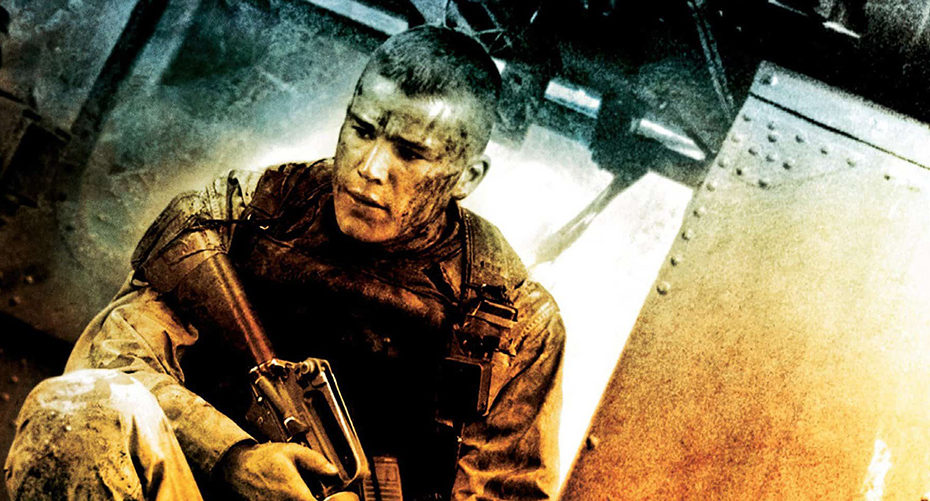
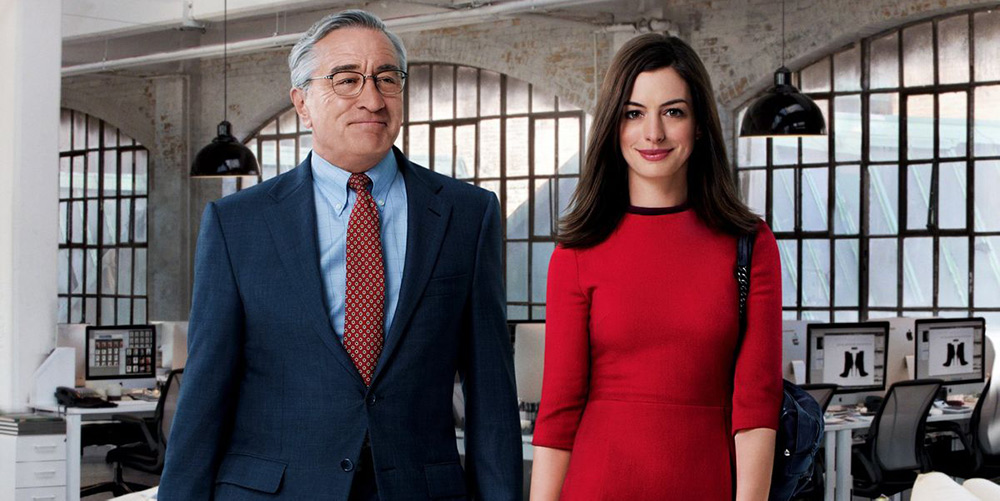
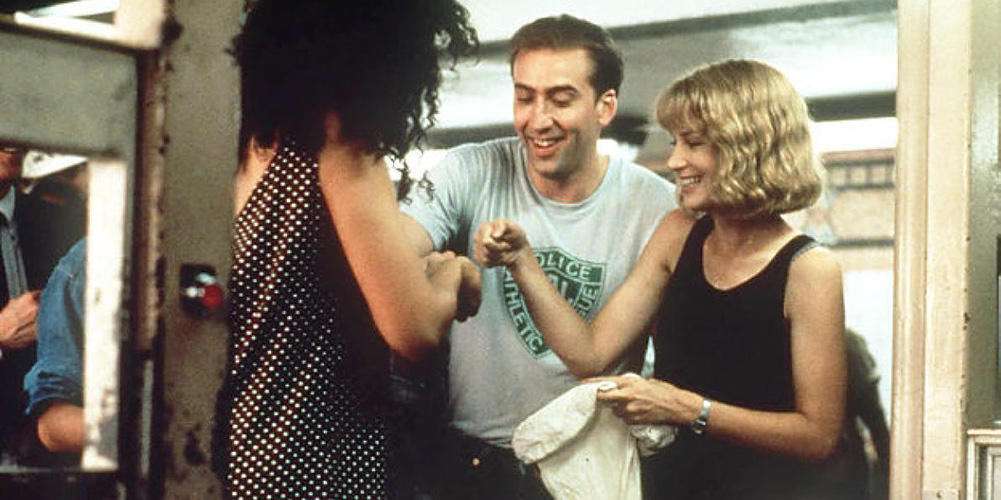
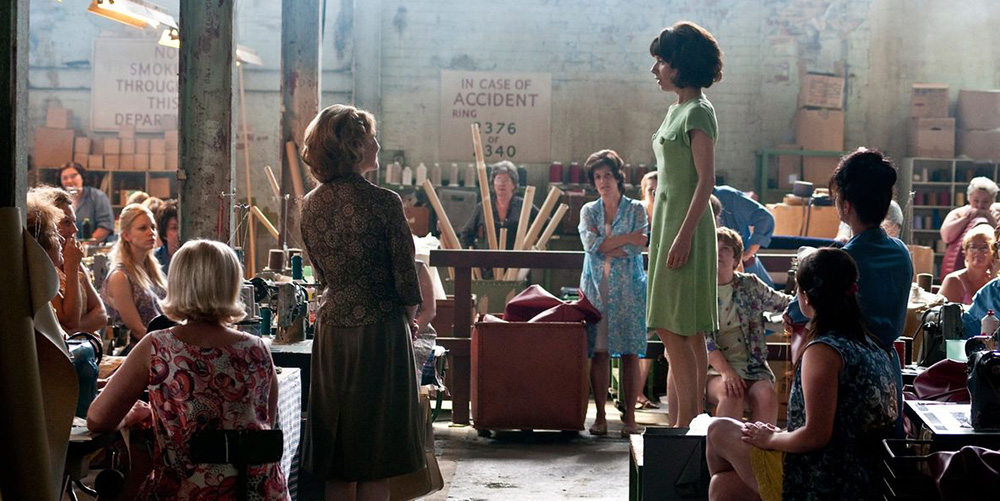
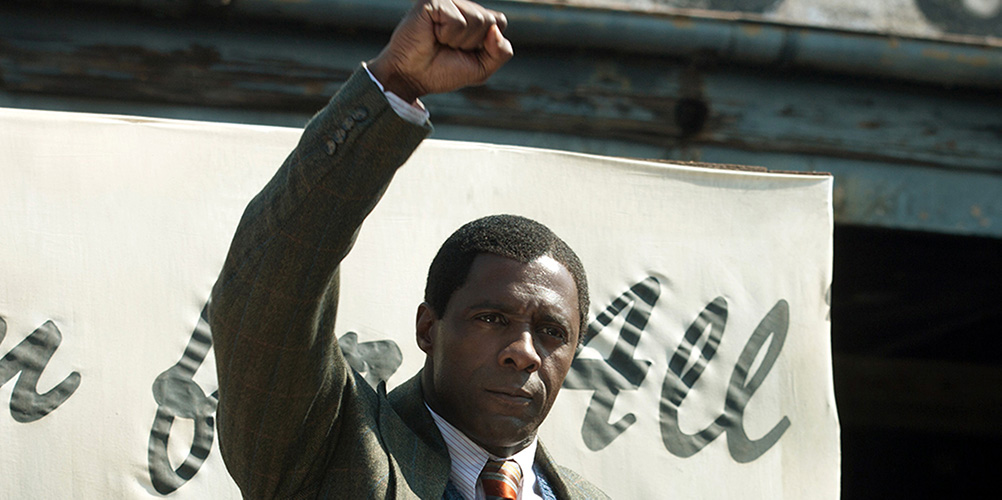
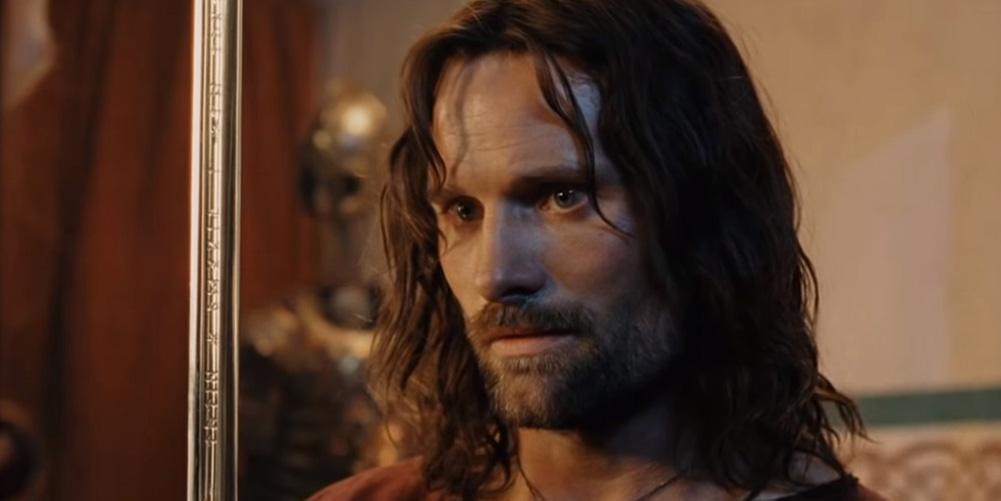
Agreed, based on how the individuals were portrayed, the different leadership styles also reflect the differences in leadership requirements bfor effective management of the US Armys Special Forces Operational Detachment Delta, (referred to as simply “Delta” or “D-Boys in the film) and the US Army Rangers. Operators at the “Delta” level are typically soldiers with 6 or more years in the Army and are also of advanced rank and skill level, as opposed to their Ranger counterparts, many of whom are still in their first enlistment period, lower basic skill level and of lower rank. Delta officers and staff NCO’s mix often and refer to each other by first name in a more loose, though professional, command structure. The Rangers however, are considered advanced infantry and though more skilled than regular Army infantry units, still suffer from inexperience, the fact that many new Rangers are not long out of basic training, ergo the maintenance of strict discipline and a rigid command structure is necessary. Thanks.
Thanks Brian. Not having a military background myself that was useful and enlightening.
Pingback: Similarity, Difference, and Poor Analogy | megangriffinblog